
Wechat Flows Across The Great Firewall Of China
news-sharing and content-distribution platform
where people can easily share opinions and information. Despite the concerns about censorship, individuals and organizations have used the platform as an effective marketing, communication and publicity tool.
This has created a need to adopt a more nuanced approach to the issue of censorship to consider its social, economic as well as cultural utility.
WeChat and its Chinese version Weixin interoperate as a multifunctional messaging and social media application owned by Chinese conglomerate Tencent. Content is generated and circulated in a bazaar of semi-closed and public social circles.
It allows users to decide who they want to be friends with in private and group chats and which friends they want to block from viewing their“Moments.” When it comes to public spaces, it allows a user to find and follow any Official Account or Channel without any request or approval from the account holders.
For semi-public spaces like chat groups and Moments, Tencent enacts
server-based political censorship
for WeChat and Weixin users. For example, a message sent from a WeChat account to another WeChat account based in Australia passes through Tencent's server in Singapore and is not subject to political censorship.
But if the same message was sent to a Weixin account, it passes through Tencent's server in Shenzhen that enacts political censorship for the Weixin account only. The Weixin user may never receive the message if it contains blacklisted keywords.
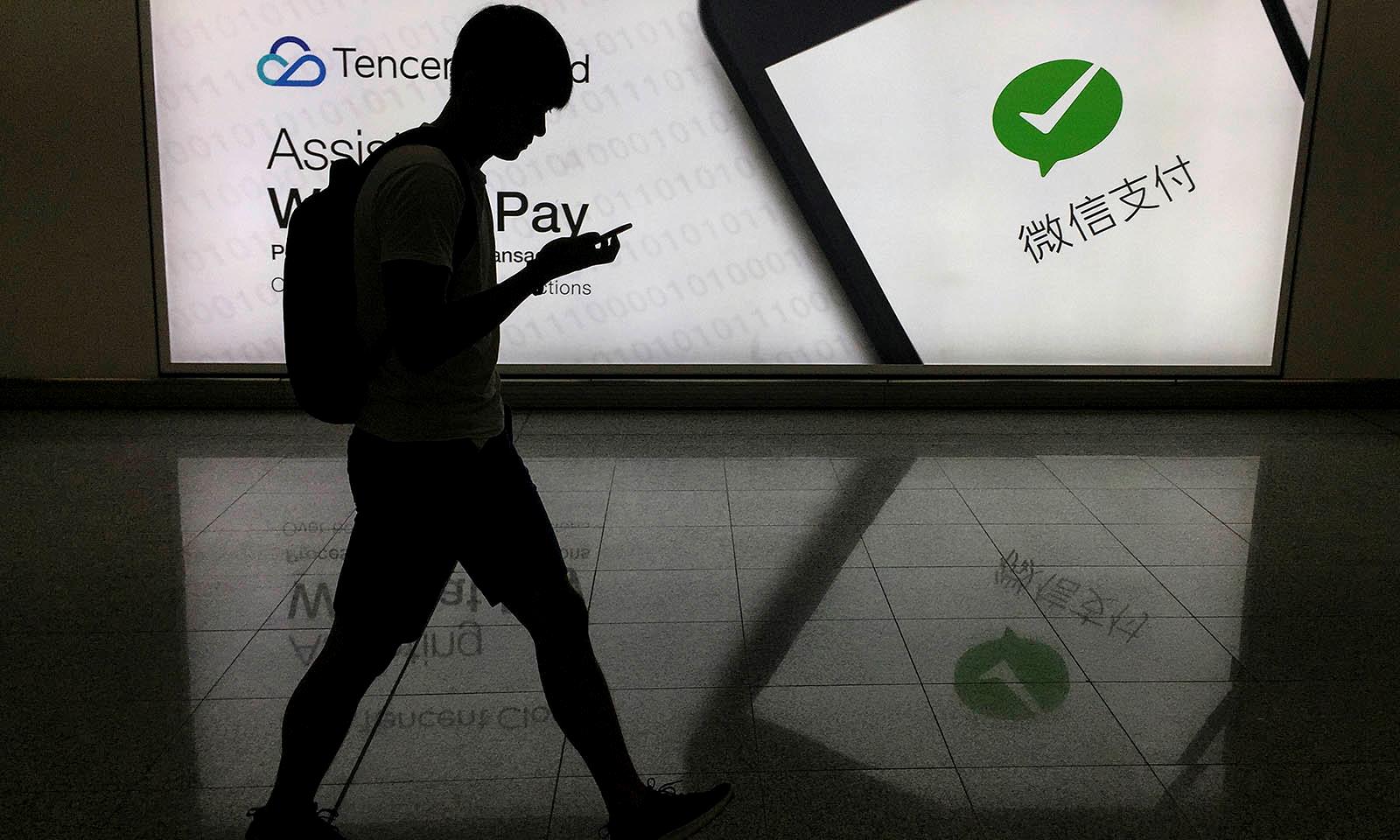
A man walks past a WeChat ad in Hong Kong. Photo: Asia Times Files / AFP / Richard A Brooks
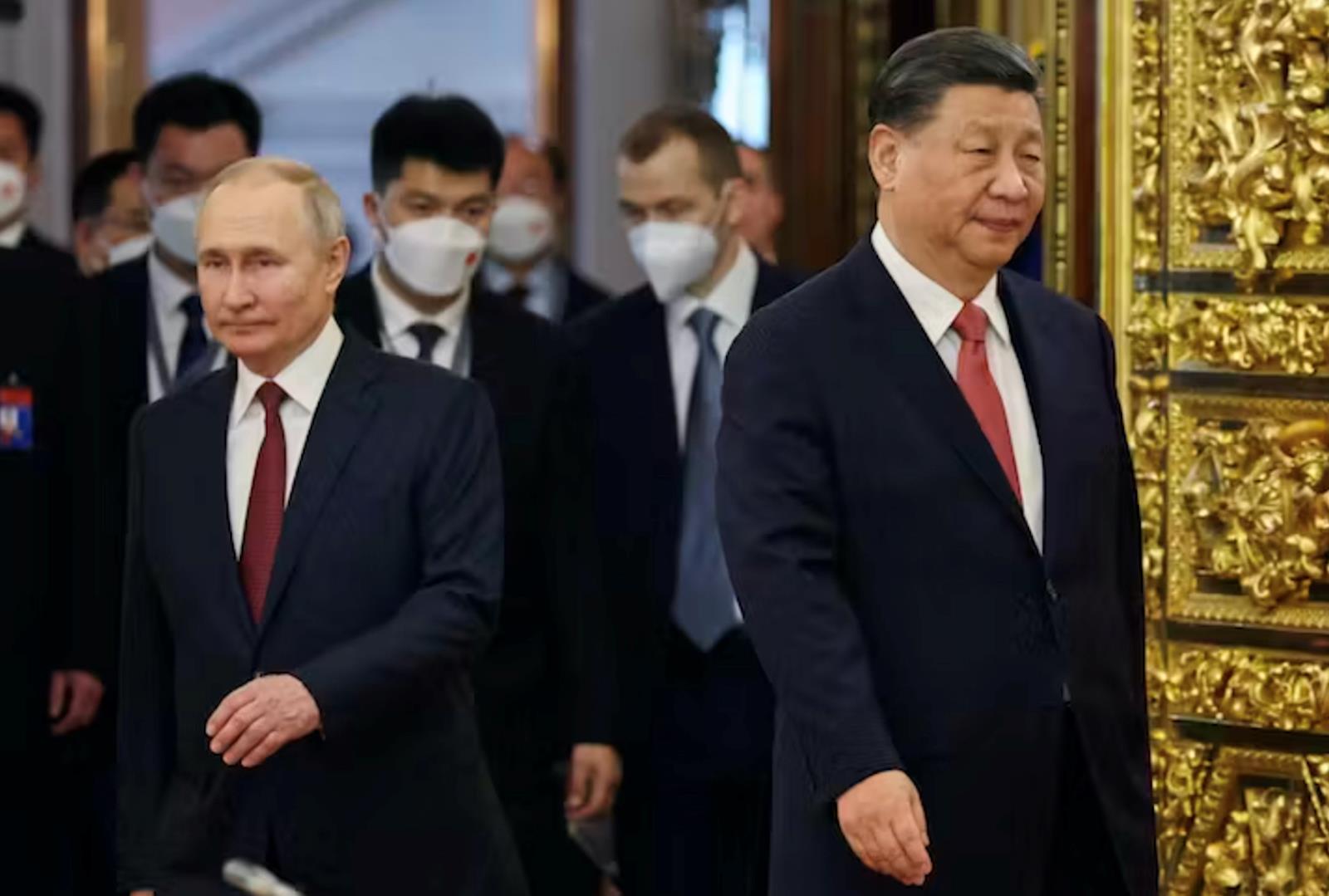
parsing china's response to the wagner rebellion

pakistan's 'imbalance' of payments
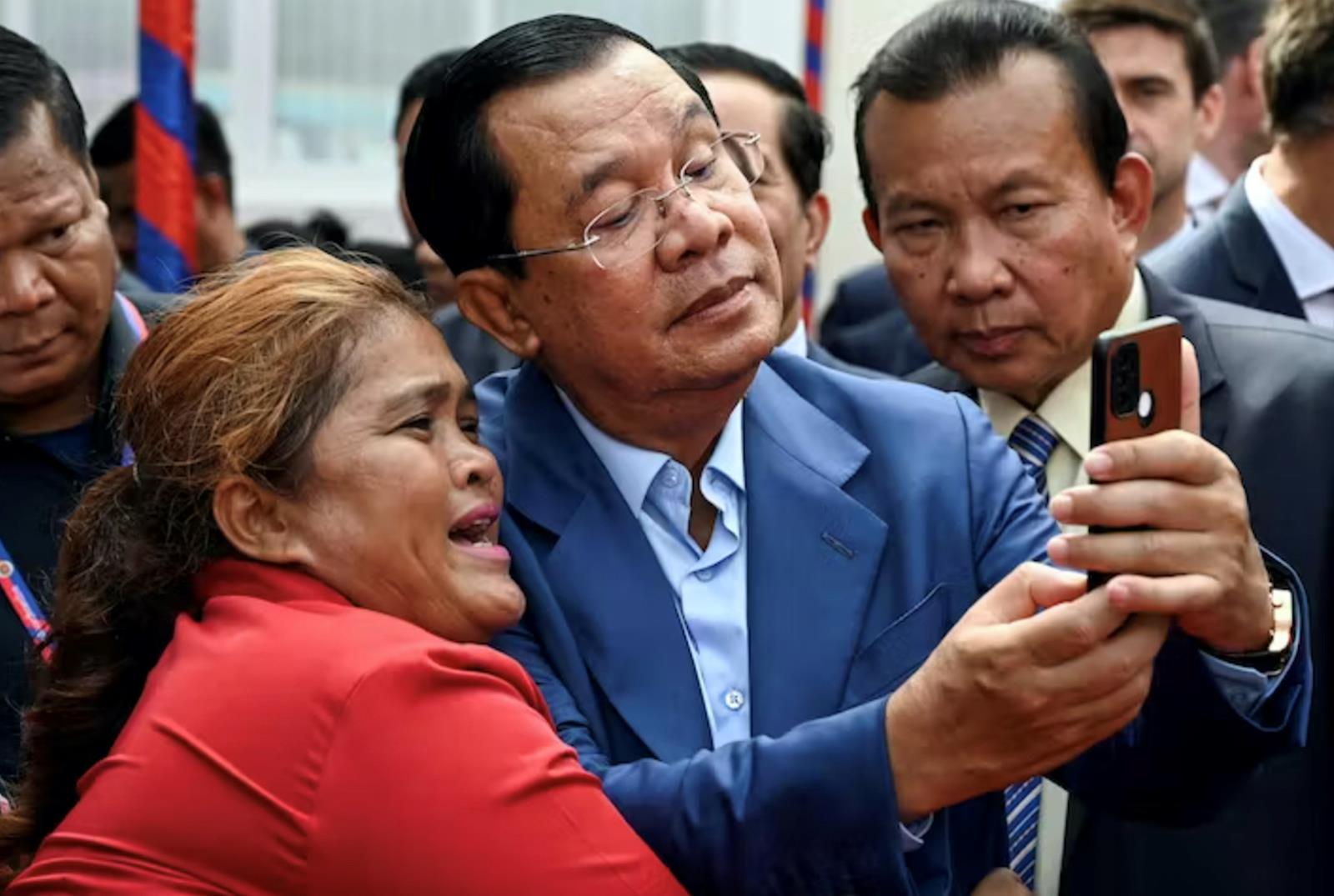
hun sen vs facebook amid another fixed election
This causes a communication gap in group chats whereby WeChat users can see everything posted, but Weixin users may be barred from seeing some messages.
China's political censorship regime has implicated WeChat users in the Weixin governance system. Not only do WeChat users have to learn to self-censor or creatively dodge censorship when chatting to Weixin accounts, they have to comply with China's internet governance policies when using WeChat Official Accounts and Channels, along with gaming and WeChat Pay. These restrictions are stipulated in the wechat privacy policy .
WeChat algorithmic content management is oriented toward public spaces. Official Accounts and Channels fall under Chinese content moderation policies and are governed by Chinese laws. There are two types of WeChat Official Accounts. Subscription accounts are available free of charge to Weixin account holders with matching Chinese government identification.
Service accounts are available through a paid verification process to business account holders, including international businesses. Private content providers that target the
mandarin-speaking population in australia
use subscription accounts. Such accounts are registered under the names of Chinese citizens or entities and subject to Weixin content moderation and terms of services.
Former Australian prime minister Scott Morrison's WeChat account falls into this category. When his account was“hacked” in January 2022, Australian media framed it in terms of WeChat censorship and
foreign interference
in Australian politics.
commentators
called for
wechat to be banned .
In reality, the incident is due to administrative negligence in managing his account, which was registered and owned by a Chinese citizen who then sold it to a China-based technology services company. This event prompted the Australia Broadcasting Corporation to set up a service account on WeChat to continue its content service to Mandarin speakers.
Research has demonstrated that information flow on WeChat is a distinctly socially driven experience. The paths and fault lines of information, as well as
misinformation , are determined by organic networks and their varying degrees of affinity and trust. WeChat is designed for individuals who have different social circles, interests and uses for the app.
The use of WeChat reflects the Chinese“circle culture” (quanzi wenhua) on social media - people tend to congregate in like-minded groups. The smaller and more closed the circles are, the stronger the ties are among members.
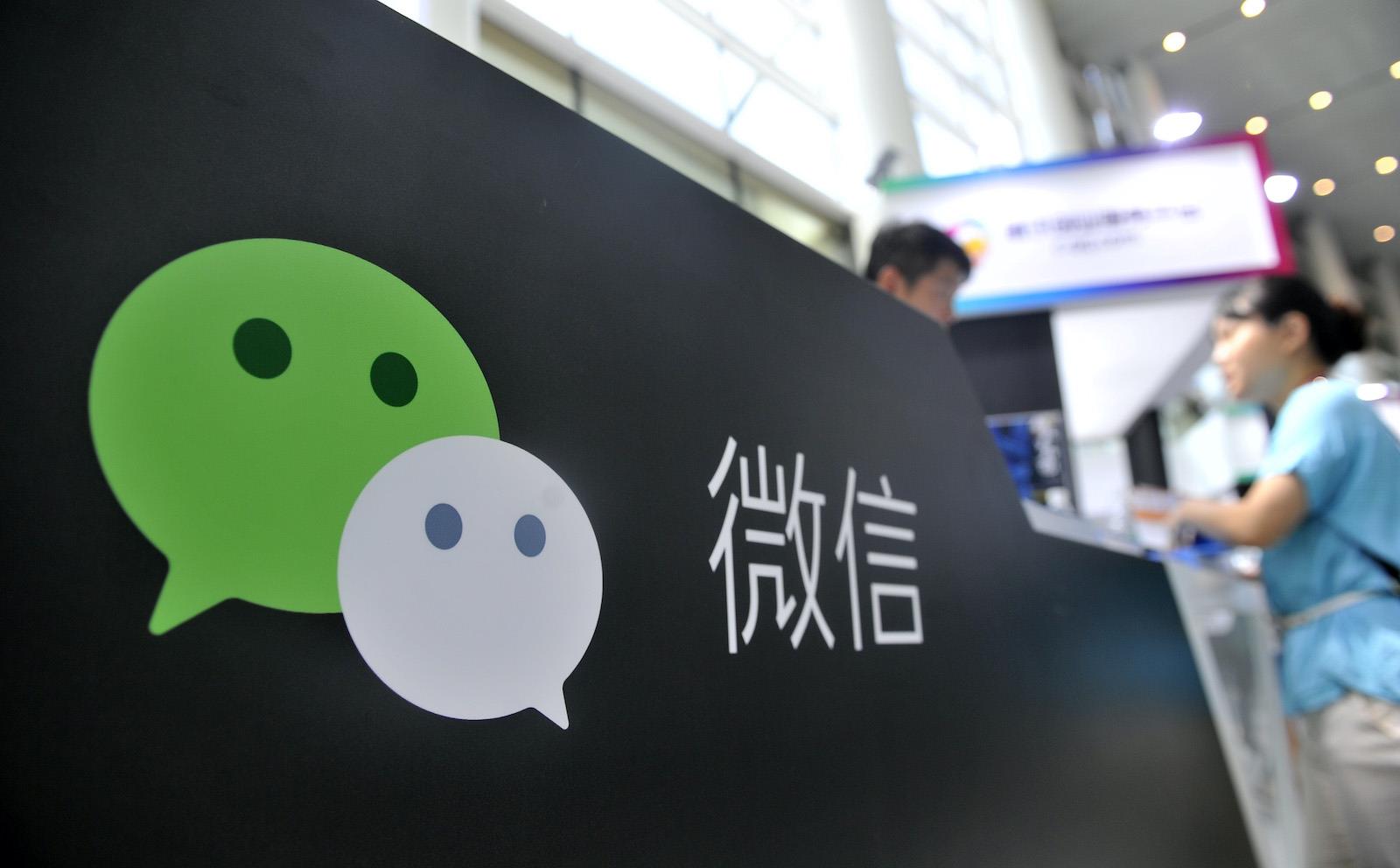
A visitor at the stand of the messaging app Weixin, or WeChat, during an exhibition in Fuzhou city, southeast China's Fujian province, September 23, 2016. Photo: Asia Times Files / AFP
The bigger and more open the circles are, the greater the need for surveillance by regulators or self-censorship by users. This is seen not only in the various spaces on WeChat but also in subculture groups such as online
fan circles , the new sites of contestation in propaganda and influence between young people and the Chinese state.
Tencent is part of the global push toward
automated content moderation
and algorithmic recommendations by social media platforms. WeChat takes differentiated content moderation practices to cater to different user behaviors and platform governance regimes in overseas markets.
A top-down, one-size-fits-all framework of understanding censorship not only simplifies a very complex mechanism but it also risks dismissing the myriad of ways in which WeChat can be used for purposes of civic dialogues, social integration and political engagement.
Haiqing Yu is Professor and ARC Future Fellow in the School of Media and Communication, College of Design and Social Context, RMIT University.
Wanning Sun is Professor of Media and Communication Studies in the Faculty of Arts and Social Science, University of Technology Sydney.
This article was originally published by East Asia Forum and is republished under a Creative Commons license.
Like this:Like Loading... Related
Legal Disclaimer:
MENAFN provides the
information “as is” without warranty of any kind. We do not accept
any responsibility or liability for the accuracy, content, images,
videos, licenses, completeness, legality, or reliability of the information
contained in this article. If you have any complaints or copyright
issues related to this article, kindly contact the provider above.


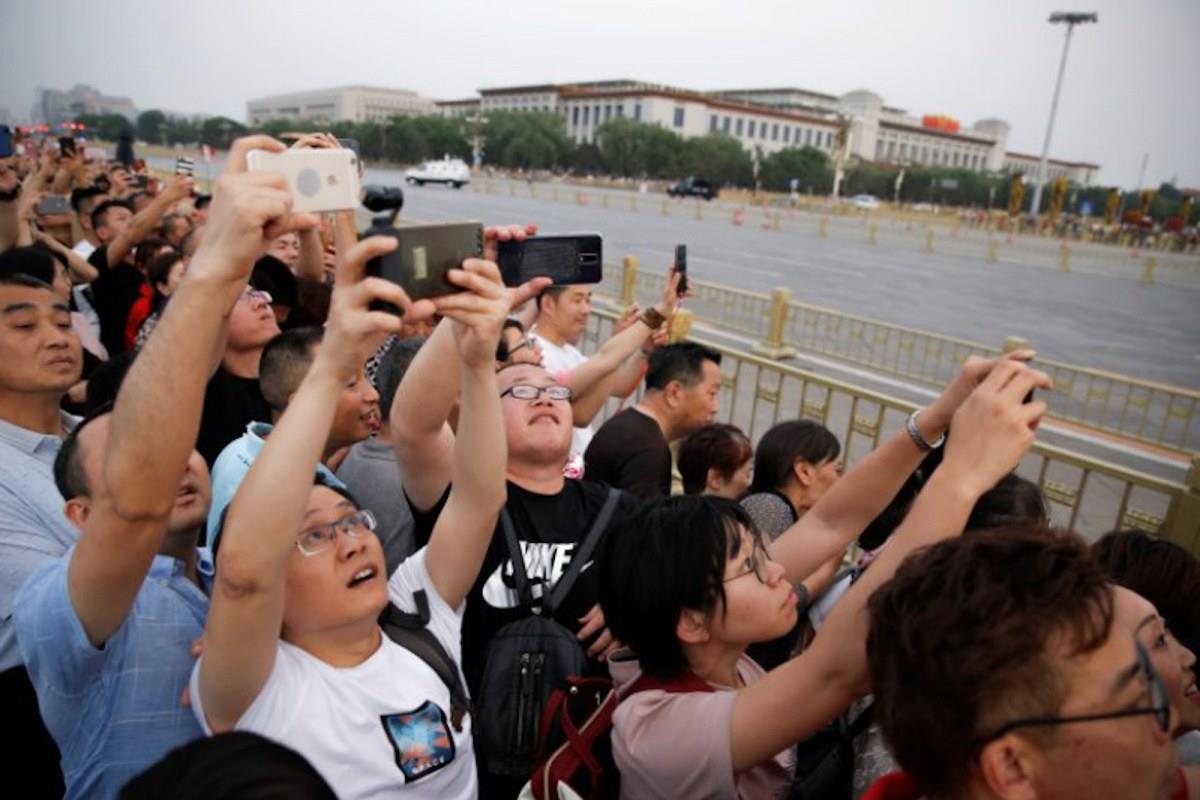



















Comments
No comment